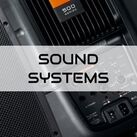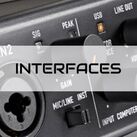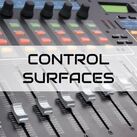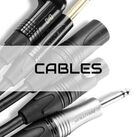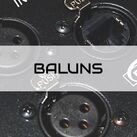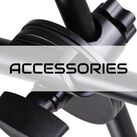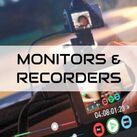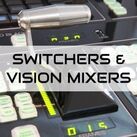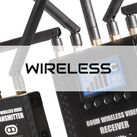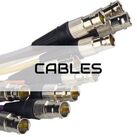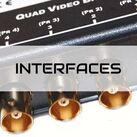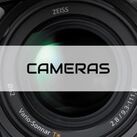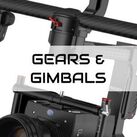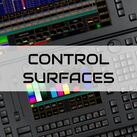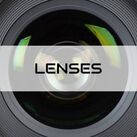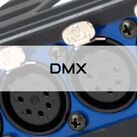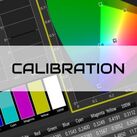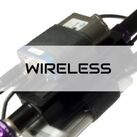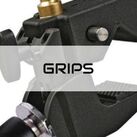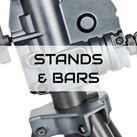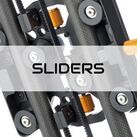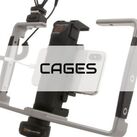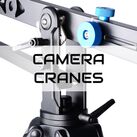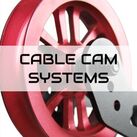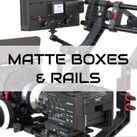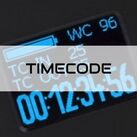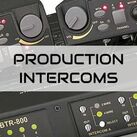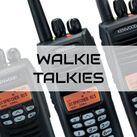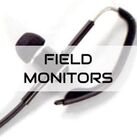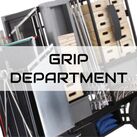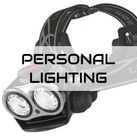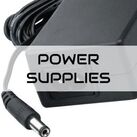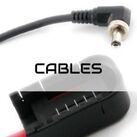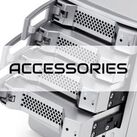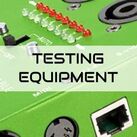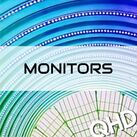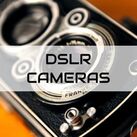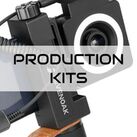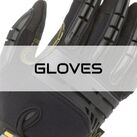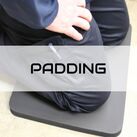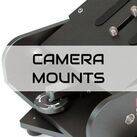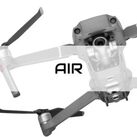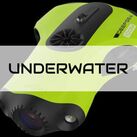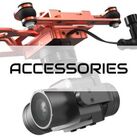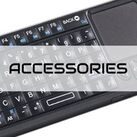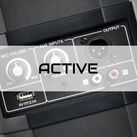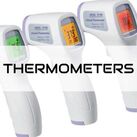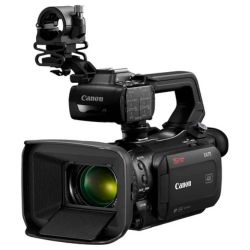Choosing The Right Camera For Professional Use
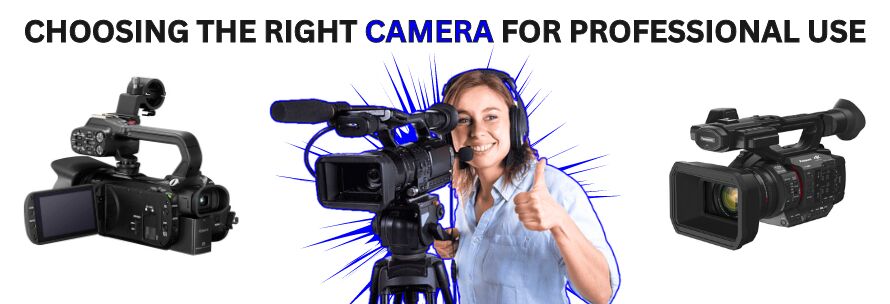
In the rapidly evolving world of videography, selecting the appropriate video camera for professional use is paramount. Whether you are a seasoned professional or just starting your journey in the field, the right camera can make all the difference in capturing stunning visuals and delivering high-quality content. By understanding your specific needs, exploring different camera types, and prioritizing essential features, you can make an informed decision that aligns with your goals and ensures the production of exceptional videos.
Understanding your needs - Assessing your specific requirements as a professional videographer
Before you start browsing the vast sea of video cameras, it's important to take a moment to evaluate your specific requirements as a professional videographer. Here are a few key areas to consider:
Identifying your niche in professional videography
Are you a wedding videographer, a documentary filmmaker, or maybe a vlogger? Understanding your niche will help determine the features you need in a video camera. Different shooting styles and genres demand different tools, so it's essential to know where you fit in the videography landscape.
Determining your intended shooting environments
Are you often shooting in low-light conditions or in challenging outdoor environments? Do you need a camera that can withstand extreme weather conditions? Assessing your shooting environments will help you prioritize features like low light performance, weather sealing, and durability.
Evaluating your desired output quality
Are you aiming for cinematic, high-resolution footage, or is a standard format sufficient for your needs? Understanding the level of quality you want to achieve will impact your camera choice. Keep in mind that higher output quality often comes with a higher price tag.
Key considerations - Factors to consider when selecting a video camera for professional use
Now that you have a clear understanding of your needs, let's delve into the key factors to consider when choosing a video camera for professional use. These factors will help you narrow down your options and find the perfect match.
Sensor size and image quality
The size of the camera's image sensor has a direct impact on image quality. Larger sensors generally perform better in low-light conditions and produce shallower depth of field, creating that beautiful cinematic look. So, if you're a fan of dreamy bokeh, consider a camera with a larger sensor.
Low light performance and ISO range
Shooting in dimly lit environments? Look for a camera that excels in low-light situations. A wide ISO range allows you to capture stunning footage even when the lights are dimmed. No more grainy videos from a camera that can't handle the darkness!
Video recording formats and codecs
The video recording format and codec determine the quality and flexibility of your footage during post-production. Check if the camera supports popular formats like MPEG-4, AVCHD, or RAW, depending on your editing preferences and workflow.
Lens compatibility and interchangeability
The ability to use different lenses opens up endless possibilities for creative shots. Consider a camera that offers a wide range of lens options or interchangeable lens systems. From wide-angle to telephoto, you'll have the freedom to experiment and capture diverse perspectives.
Types of video cameras - Exploring different types of cameras and their suitability for professional use
Now that you know what to look for, let's explore the different types of video cameras available and their suitability for professional use. Remember, there's no one-size-fits-all when it comes to cameras, so pick the type that best aligns with your specific needs.
DSLR cameras
DSLR cameras have long been favoured by photographers, but they also offer excellent video capabilities. With their large sensors and interchangeable lenses, DSLRs provide great image quality and versatility for a range of professional videography needs.
Mirrorless cameras
Similar to DSLRs, mirrorless cameras boast impressive image quality and interchangeable lenses. The key difference is that they lack an optical viewfinder, making them more compact and lightweight. So, if you're always on the go, a mirrorless camera might be your perfect companion.
Cinema cameras
Designed specifically for filmmaking, cinema cameras pack a punch when it comes to video quality. With their advanced features and dedicated cinema-grade lenses, these cameras are a go-to choice for professionals who prioritize cinematic production value.
Camcorders
If you're looking for simplicity and ease of use, camcorders might be your best bet. These compact and self-contained cameras offer convenience and simplicity without compromising on video quality. Ideal for events and run-and-gun style shooting, camcorders are a reliable choice for many professionals.
Essential features - Identifying the must-have features for professional videography
Image stabilization
Let's face it, no matter how steady your hands are, there will always be some wobbles and shakes when filming. That's where image stabilization comes in. It's like having a personal trainer for your camera, keeping your shots smooth and professional. Look for cameras with built-in stabilization or compatibility with stabilizing accessories.
Manual controls and customizable settings
As a professional videographer, you want full control over your camera settings. Automatic mode might be fine for casual shooting, but when you're serious about your craft, manual control is essential. Make sure the camera you choose allows you to adjust settings like aperture, shutter speed, and ISO to achieve the desired look and feel of your footage.
Audio input and monitoring options
Great visuals are important, but don't forget about audio. Clear and immersive sound can elevate your videos to a whole new level. Look for a camera that offers audio input options, like XLR connectors, to connect external microphones and ensure high-quality recording. Additionally, having a headphone jack or audio monitoring capabilities can help you monitor and adjust audio levels on the fly.
Connectivity and file transfer capabilities
In today's digital age, having easy file transfer capabilities is a game-changer. Look for cameras that offer Wi-Fi or Bluetooth connectivity, making it a breeze to transfer your footage wirelessly to your computer or mobile device. This saves you valuable time and allows for more efficient editing and sharing of your work.
Check out our range of Professional Cameras
Comments
No posts found






